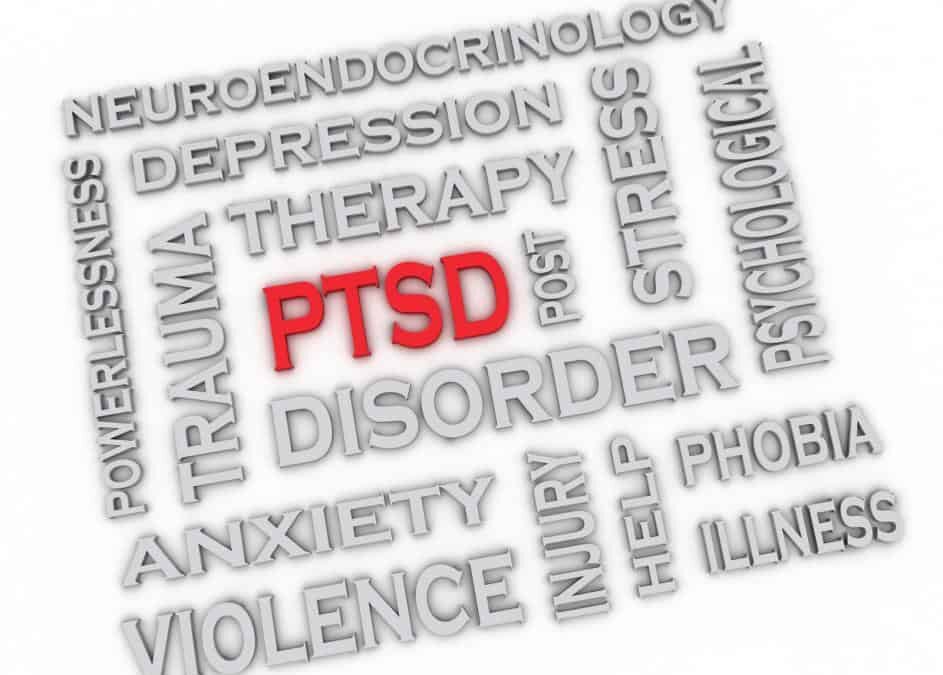Post-traumatic stress disorder (PTSD) is not only a byproduct of war on veterans. It can happen to anyone who goes through a traumatizing incident, such as sexual assault or a terror attack.
If you have a loved one who has survived a terrible incident, but now suffers from PTSD, then here are some important things you should know.
Some Guidance
It can be difficult navigating the landmines that can trigger flashbacks in victims of PTSD. If you want to help your loved one recover from the mental disorder, then keep these in mind:
- Trying to force them to talk is counterproductive. It can be very difficult for them to discuss the stressful incident. Give them time until they are in their comfort zone.
- You need be a good listeneronce they do feel capable of speaking about the horrifying circumstances. Interrupting them and asking too many questions can make them feel nervous about sharing their experiences.
- Take cues from your loved one to understand what they feel comfortable with. After returning home, many PTSD patients adapt their lifestyles to suit their psychological state of distress. Observe these changes and adjust accordingly.
Bear With Them
The symptoms of PTSD do not just affect the victim in question; it also affects those around him or her.
PTSD can make it very difficult to hold conversations, especially if the patient is easy to trigger. Moreover, the mental disorder also makes it difficult for victims to perform even the most basic of tasks, which may lead to them losing their jobs.
All of this sometimes pushes the burden of maintaining the household onto other family members.
But the family must bear with their loved one, despite their PTSD. Doing the tasks which they can no longer do is tiring. However, understand that they’re still suffering from the aftereffects of something truly horrific. They need support now more than ever. Do not give up on them.
Two factors determine the successful recovery of PTSD victims—the support of their family and professional assistance that they receive.
If their treatment is not thorough, their situation can dramatically deteriorate. We at Orange County Recovery have world class mental health facilities.
While we are principally a drug and alcohol addiction recovery center, we also treat our patients with mental disorders so that they do not relapse. If you need to find out more about our addiction treatment services and mental health counseling, please do not hesitate to contact us.

Recent Comments